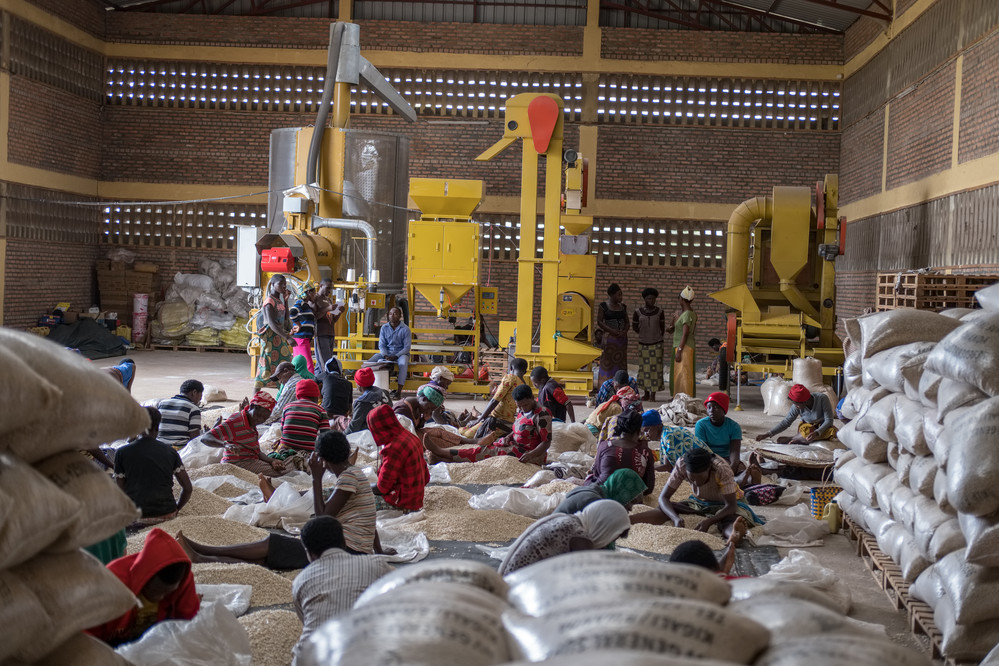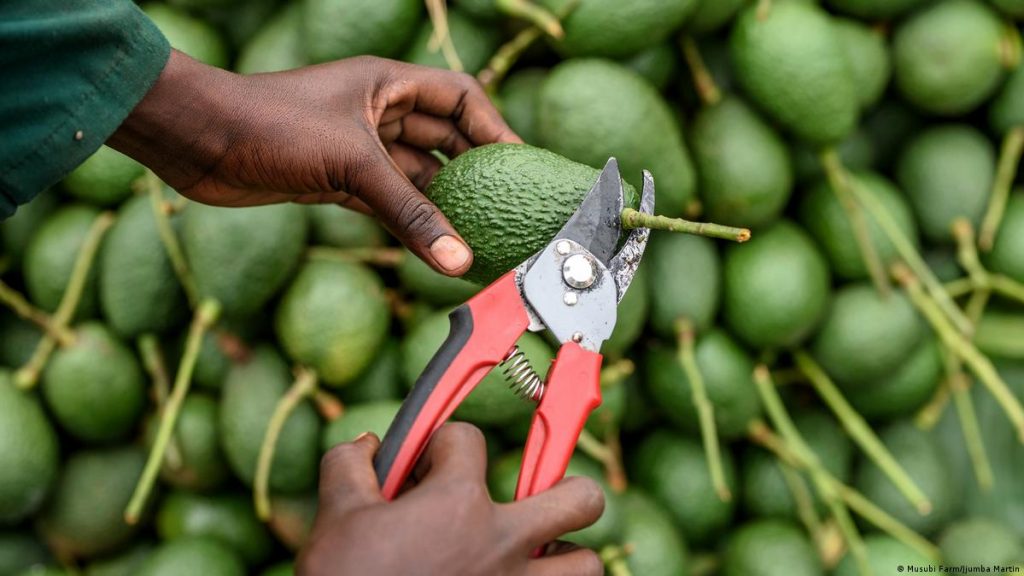USAID CATALYZE helps women-owned agricultural companies in Kosovo get ready for export
Positive signs are coming from women entrepreneurs in Kosovo, where only 20.92% of registered businesses in Kosovo are owned by women — the lowest rate among all Western Balkan economies — and only 16% of Kosovar women are employed, with the unemployment rate almost three times higher compared to that of men.
The United States Agency for International Development (USAID) CATALYZE Engines of Growth (EoG) in the Western Balkans supports SMEs through Technical Business Advisory Support Providers (TBASPS). The CATALYZE-supported TBASPs are helping more than 30 companies across the Western Balkans, with a special focus on women-owned, -led, and -managed (W-SMEs), to meet international standards and obtain certifications for export.
Kosovo has struggled with high import dependency, numerous export barriers, and a labor market that cannot meet market demands. Recognizing the importance of and need for product and service development and standardization for export promotion, CATALYZE EoG is using a Pay-for-Results incentive program for TBASPs that work with SMEs and W-SMEs that qualify for certification support.
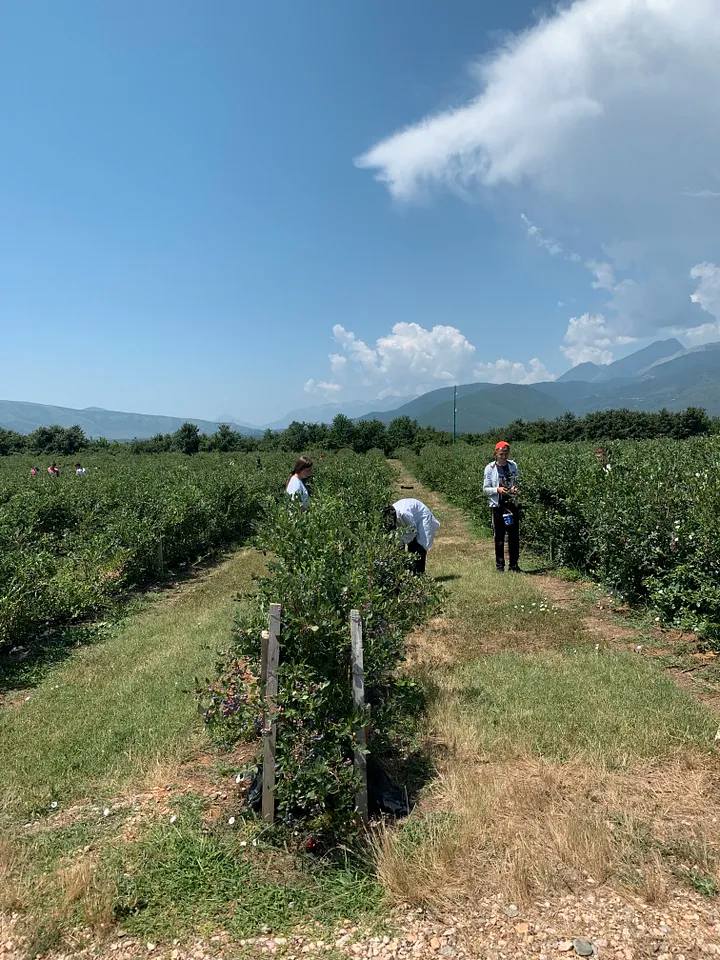
Photo: USAID CATALYZE
By penetrating new markets, USAID CATALYZE is working to decrease Kosovo’s high import dependency, which accounted for 68.09% of the GDP in 2021 (KAS, 2022). With the economy relying strongly on imports, the focus of the government and the development agencies have been to promote exports of local products.
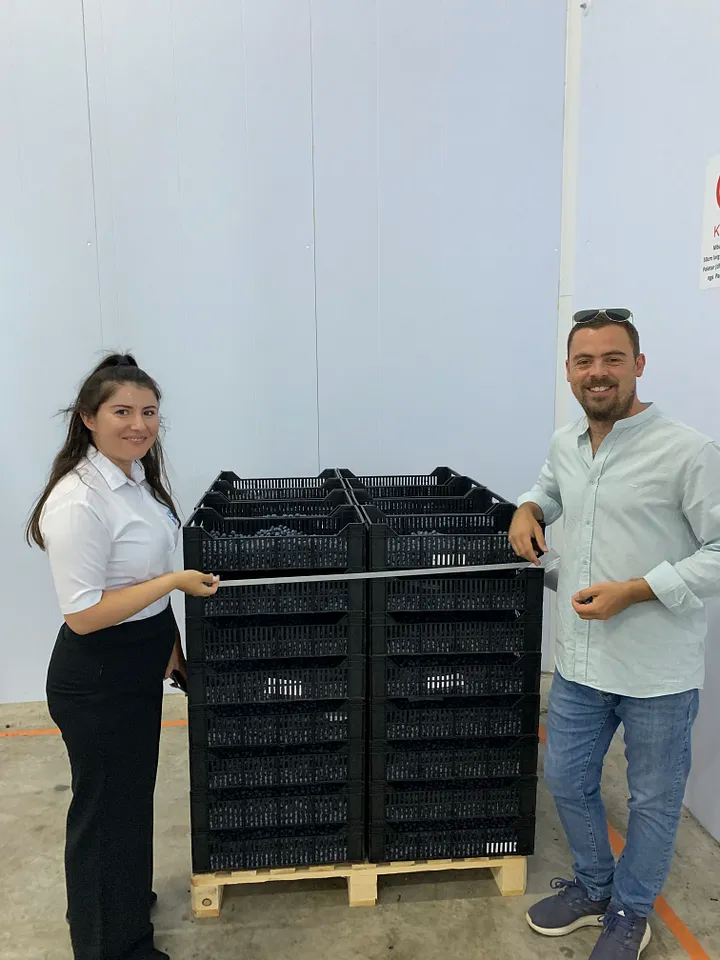
Photo: USAID CATALYZE
The primary role of the TBASPs is technical guidance through the international certification process, but often expands to advisory services for product development, networking, and business development. This is particularly important for agricultural products. SMEs, and especially W-SMEs, can receive support in obtaining key international standards, such as GlobalG.A.P, ISO standards, and HACCP. Access to EU markets for farmers is conditioned by the GlobalG.A.P certificate, the world’s most widely known safety and socially and environmentally responsible farming practices certification.
The few W-SME exporters are considered harbingers of positive change and a valuable source of knowledge to identify and address challenges, such as social and family pressure for women to maintain traditional gender roles, the absence of government policies and support for W-SMEs, and a weak financial ecosystem that lacks appropriate products for W-SMEs to grow their businesses.
Take the blueberry business — a high value product in high demand. In Kosovo’s rural Gjakova region, the fertile land results in highly productive blueberry fields. Despite the product’s profit potential, three women, each with their own blueberry production companies, faced obstacles to establishing their businesses, including limited access to finance due to a lack of property and land to use as collateral. In Kosovo, women own only 17% of property while 7% of women inherit property (KAS, 2021), significantly limiting women’s ability to obtain appropriate financing to start a business. For these women-owned companies, a lack of capital kept them from purchasing better machinery to increase production.
Low production capacity coupled with labor shortages (increasingly an issue for Kosovo and most of the Western Balkan countries with the recent migration trends towards EU countries) were holding back the companies from meeting buyer demands. The three businesses (Manda, ThinkVisor, and Luna) reached out to USAID CATALYZE EOG’s TBASP program for support in obtaining GlobalG.A.P. certification and training in best management practices to ensure products are export ready.
TBASP support is instrumental in improving access to new export markets. Supply-chain disruptions due in part to the invasion of Ukraine, has prevented these companies to reach new markets and increase sales.
“New players involved in the market today have changed the demand and focus of suppliers and buyers, particularly in the EU region due to the conflict of Russia and Ukraine,” said Ben Dida, an USAID CATALYZE-supported TBASP.
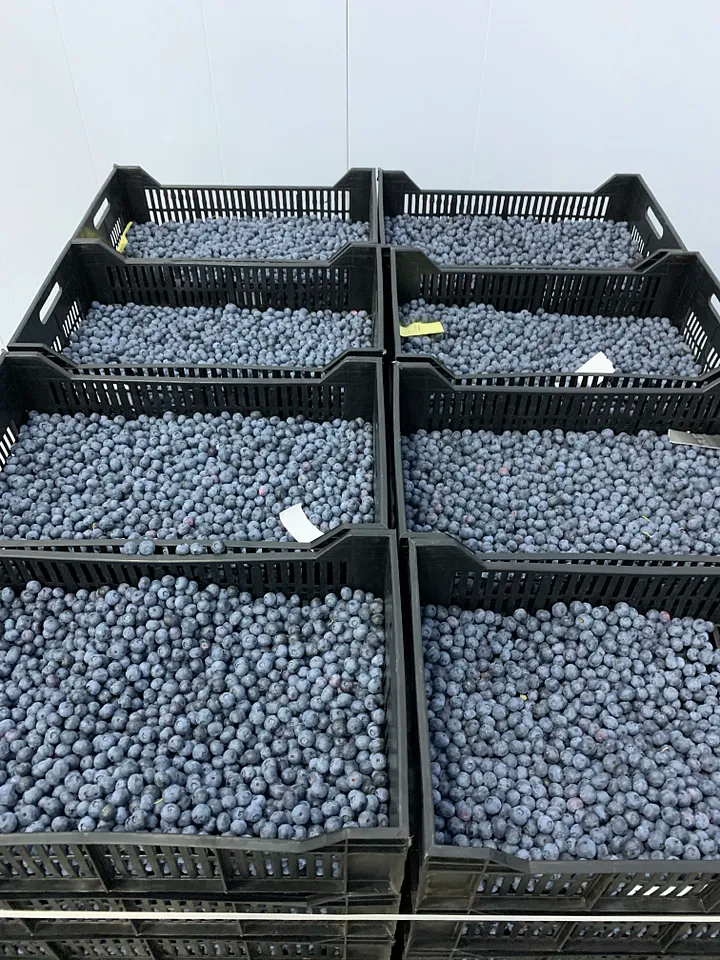
Photo: USAID CATALYZE
With CATALYZE’s support, the three W-SMEs have exported around 80% of their products to EU countries, have entered two new markets (Germany and the Netherlands), and increased the number of seasonal employees, resulting in 15% increase in revenues. Exporting the berries to the EU will bring the W-SMEs more profit margin and generate more local jobs, especially for women.
As successful entrepreneurs, the women now work together to increase their competitiveness by sharing their expertise and services. For these women, producing blueberries is not just a means to increasing sales, but a way to inspire others to work together towards the economic empowerment of all girls and women in Kosovo.
About USAID CATALYZE
USAID CATALYZE, implemented by Palladium, is an 8-year program designed to mobilize $2 billion in private capital for development impact, especially in underserved social sectors and frontier markets across the globe, complemented by a cross-cutting inclusion of gender-lens investing. CATALYZE supports blended finance solutions working with local and international businesses and investors to explore and find commercially viable opportunities and approaches to creating jobs, developing sustainable social services, tightening and rationalizing supply chains, and advancing inclusive growth. We work across 28 countries in Asia, Africa, Europe, Latin America, and the Caribbean, with 190 partners, including financial institutions, business advisory service providers, anchor firms, and job trainers.
This article was originally published by USAID CATALYZE
